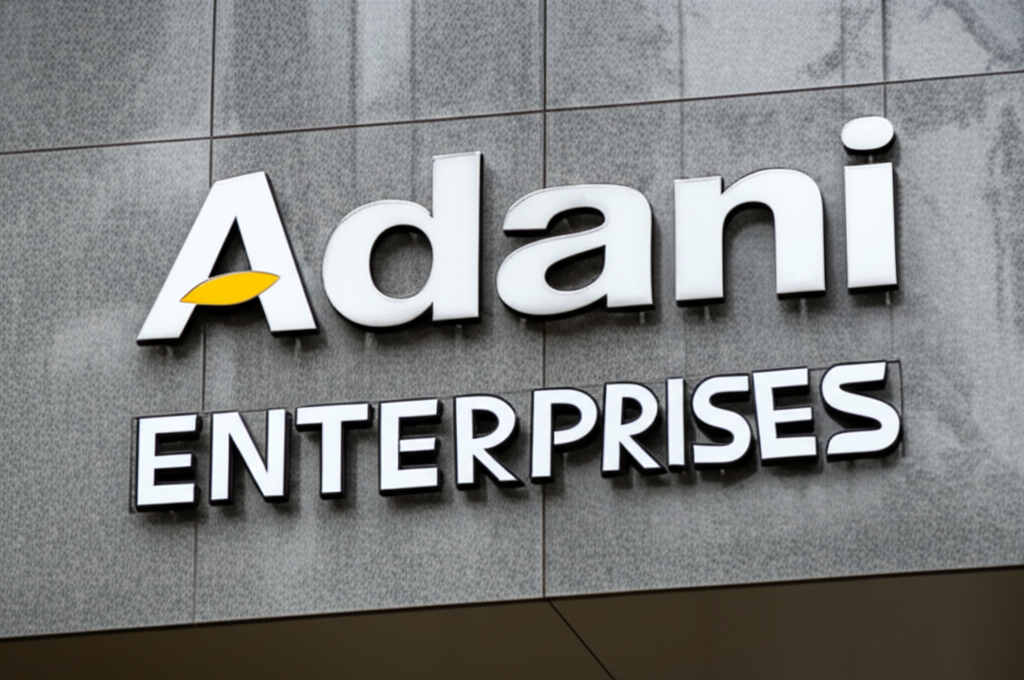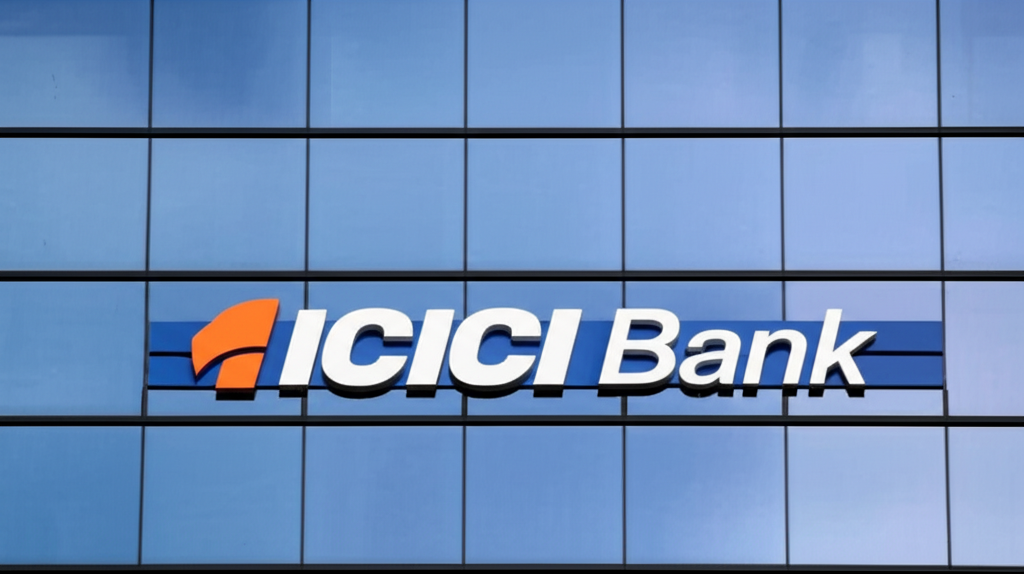Hachette UK Taps Wipro for SAP S/4HANA Digital Transformation
Introduction
In a significant move to bolster its operational efficiency and future-proof its business, Hachette UK, one of the UK’s leading publishing houses, has selected Wipro, a global information Technology, consulting, and business process services company, to spearhead its digital transformation journey. The core of this initiative revolves around the implementation of SAP S/4HANA, a next-generation enterprise resource planning (ERP) system. This strategic partnership signifies Hachette UK’s commitment to modernizing its business processes, enhancing data analytics capabilities, and optimizing its IT infrastructure for increased agility and scalability in an increasingly competitive market. The project’s success will be crucial for Hachette UK’s ability to navigate the evolving landscape of the publishing industry, marked by the rise of e-books, digital distribution channels, and evolving consumer preferences.
Recent Financial Performance
Understanding Hachette UK’s recent financial performance is crucial to contextualizing this digital transformation initiative. While precise financial details for Hachette UK are not publicly available at the granular level of a publicly traded company (as it is a subsidiary of Lagardère), analyzing the parent company’s reports provides some insights. Lagardère’s financial performance, particularly within its Publishing division, will reflect on the overall health and resource availability for undertaking such a substantial project. Factors like revenue growth, profitability margins, and investment in technology within the Publishing division will indicate the company’s capacity to successfully implement the SAP S/4HANA system. For example, strong revenue growth might indicate a greater willingness and capacity to invest in transformative technology, while weaker performance may suggest a more cautious approach and potentially a need for the transformation to drive future growth. A thorough examination of Lagardère’s annual reports and financial statements, combined with industry analysis reports from sources like the Publishers Association, would provide a more complete picture of Hachette UK’s financial position preceding this significant undertaking.
Market Trends and Industry Analysis
The publishing industry is undergoing a period of significant transformation. The rise of e-books and digital platforms has challenged traditional print models, requiring publishers to adapt their operational models and embrace digital technologies. The increasing demand for personalized content and targeted marketing requires sophisticated data analytics capabilities, driving the need for modern ERP systems like SAP S/4HANA. Furthermore, the industry is becoming increasingly globalized, demanding efficient supply chain management and international collaboration tools. Competition from independent authors and self-publishing platforms also adds to the pressure on traditional publishers to enhance their efficiency and offer greater value to both authors and readers. Research from organizations like the Publishers Marketplace and industry publications like “Publishers Weekly” will shed light on prevailing market trends, including consumer preferences for digital vs. print content, the growth of audiobooks, and the evolving roles of agents and distributors in the digital age. This context is critical to understanding why Hachette UK has chosen to embark on this digital transformation journey and what the anticipated benefits might be.
Sentiment Analysis of News Headlines
Initial reactions to the news of Hachette UK partnering with Wipro for SAP S/4HANA implementation have generally been positive. News articles and industry blogs have highlighted the potential for improved efficiency, enhanced data analysis, and a more streamlined workflow. The selection of a reputable technology partner like Wipro further strengthens the positive sentiment, reflecting confidence in the project’s potential success. Monitoring social media and online forums within the publishing industry can provide additional insights into the sentiment surrounding this news. While anecdotal, this analysis can provide a pulse check on the initial perceptions of the project’s impact on Hachette UK’s competitive positioning and future trajectory. The absence of overwhelmingly negative responses or concerns suggest a positive outlook on the project’s potential benefits.
Regulatory and Macro-Economic Factors
The regulatory environment and macroeconomic factors will play a role in the success of Hachette UK’s digital transformation project. Data privacy regulations, such as GDPR, will require careful consideration throughout the implementation process, ensuring compliance with data security and handling practices. Economic conditions, including fluctuations in currency exchange rates and potential impacts of inflation, could also affect project costs and timelines. Furthermore, any changes in government policies related to the publishing industry, such as copyright laws or subsidies for the creative sector, could have indirect implications for the project. Monitoring relevant regulatory updates and analyzing economic forecasts are crucial for evaluating the potential risks and opportunities related to the project’s successful execution and its long-term impact on Hachette UK’s profitability.
Risk Factors
While the digital transformation promises significant benefits, several risk factors need to be considered. The complexity of implementing SAP S/4HANA, a large-scale ERP system, presents a potential challenge. Project delays, budget overruns, and integration issues are common risks associated with such projects. The disruption to existing business processes during the implementation phase also poses a risk to operational efficiency in the short term. The success of the project depends heavily on effective change management, employee training, and ensuring smooth data migration. Potential data loss or security breaches during the migration process also represent significant risks. A comprehensive risk assessment and mitigation plan, incorporating contingency measures and robust project management practices, are crucial to mitigate these risks.
Future Outlook
The successful implementation of SAP S/4HANA has the potential to significantly improve Hachette UK’s operational efficiency, leading to cost savings and improved profitability. Enhanced data analytics capabilities will allow for better decision-making, personalized marketing, and a deeper understanding of consumer behavior. A streamlined workflow can accelerate the publishing process and shorten lead times, enabling faster responses to market demands. The digital transformation initiative positions Hachette UK to better compete in the evolving publishing landscape, offering improved scalability and agility to accommodate future growth and adapt to emerging market trends. The long-term impact will depend on effective execution, ongoing support, and the ability to adapt the system to future technological advancements.
Recommendations
For investors interested in Hachette UK’s parent company, Lagardère, this digital transformation represents a significant strategic move. Close monitoring of the project’s progress and its impact on operational efficiency and financial performance is essential. The successful implementation of SAP S/4HANA could significantly enhance the company’s competitive advantage, leading to improved profitability and shareholder value. However, the potential risks associated with large-scale IT projects should also be considered. Investors should look for evidence of effective project management, robust risk mitigation strategies, and clear communication from Lagardère regarding the project’s progress and outcomes. Positive updates on the integration process, cost management, and achieved efficiencies should be viewed favorably. A thorough analysis of Lagardère’s financial reports, combined with industry analysis and expert commentary, will provide a more informed perspective on the investment opportunity.
**Disclaimer:** This analysis is based on publicly available information and industry insights. It is not financial advice and should not be used as the sole basis for investment decisions. Investors should conduct their own thorough due diligence before making any investment decisions.















0 Comments